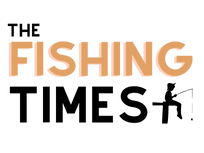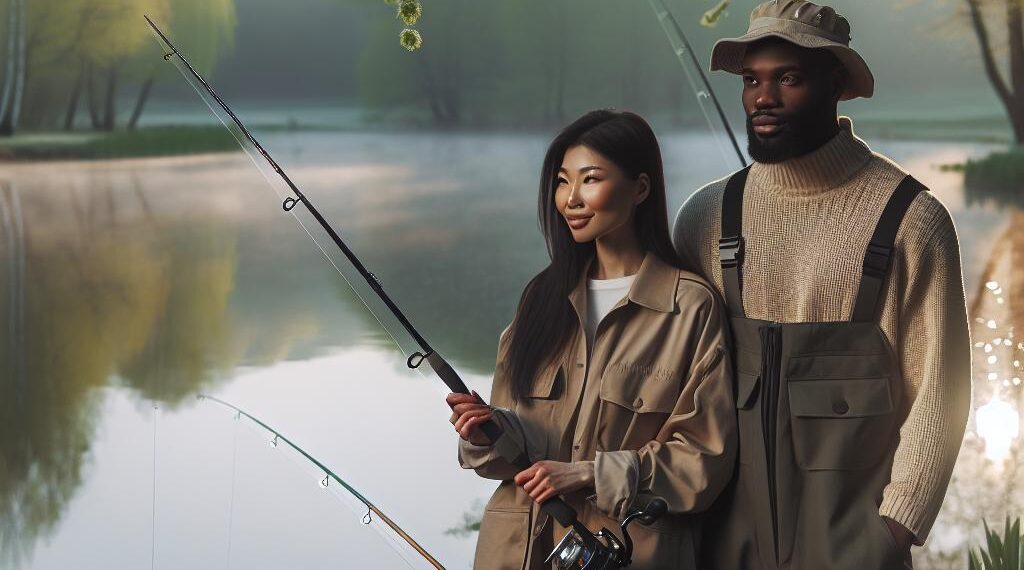Ever been on a fishing trip and wondered why some days are brimming with fish while others leave your net nearly empty? You’re not alone! Many anglers face the challenge of planning their trips without understanding the impact of seasons on fish behavior. Knowing the best fishing seasons can transform your experience, helping you catch that trophy fish and enjoy your time by the water. “Exploring the Best Fishing Seasons: What to Expect Throughout the Year” is designed to arm both beginners and veterans with insights on weather, fish patterns, and prime times to cast a line. Dive in to enhance your fishing skills and make every trip memorable!
What Are the Best Fishing Seasons and What to Expect?
“Exploring the Best Fishing Seasons: What to Expect Throughout the Year” is about understanding how the seasons impact fishing success. It originates from fishermen’s observations over generations, noting how fish behaviours change with weather patterns, water temperatures, and breeding cycles. By aligning your fishing efforts with these seasonal patterns, you increase your chances of catching more fish. Knowledge of the seasons enriches your fishing adventures, preventing wasted trips and boosting your confidence. Whether it’s trout in springtime streams or autumn’s migrating salmon, knowing what to expect throughout the year transforms fishing from mere chance to a rewarding, skill-based pursuit.Understanding Prime Fishing Seasons: Maximize Your Catch
Exploring the best fishing seasons opens up a world of benefits that enrich your fishing adventures. First, understanding seasonal patterns enhances your skill set.- You’ll learn when fish are most active, leading to more successful trips. It’s like having an insider tip that gives you an edge!
- Secondly, tuning into these patterns promotes safety. Being aware of tides, weather shifts, and fish migrations helps you plan your trips during the safest conditions. No one wants to be caught in a surprise storm!
- Third, it aligns with conservation efforts. By fishing during peak seasons, you help maintain fish populations, ensuring you’re fishing sustainably and allowing ecosystems to thrive year-round.
- Adding to that, knowing the seasons saves time and effort. You won’t waste precious hours in low-yield periods when fish aren’t biting.
- Lastly, it amplifies your enjoyment of the great outdoors. With better timing, you embrace the beauty of nature at moments that are truly magical, be it a spring sunrise at a lake or an autumn afternoon on the sea.
Discover Perfect Timing: Make the Most of Fishing Seasons
- Research Local Fishing Seasons: Begin by identifying the best fishing times specific to your locale. Different regions boast unique peak seasons, so understanding when fish are most active is crucial. This research ensures you’re spending your time wisely.
- Prepare Season-Specific Gear: Depending on the season, your gear might need adjustments. In colder months, you might need thermal clothing, whereas in the warmer months, sun protection becomes a priority. Having the right gear enhances your comfort and effectiveness.
- Adapt Your Technique: Each season influences fish behaviour, and thus, your fishing techniques should adapt accordingly. For instance, in spring, fish are often more active near the surface; in winter, they might be deeper. Adjusting your method based on seasonal behaviour increases your chances of success.
- Avoid Overlooking Weather Patterns: A common mistake is underestimating weather conditions. Pay attention to forecasts, as sudden climate changes can affect fish activity. Being mindful of weather helps you be better prepared and stay safe.
Top Gear for Year-Round Fishing Adventures
| Season | Location | Best Experience | Skill Level | Budget |
|---|---|---|---|---|
| Spring | River Tweed, Scotland | Salmons | Intermediate | Moderate |
| Summer | Llangorse Lake, Wales | Pike Fishing | Beginner | Low |
| Autumn | Loch Leven, Scotland | Trout Fishing | Advanced | High |
| Winter | Rutland Water, England | Zander | Intermediate | Moderate |
| All Year | Lake District, England | Variety of Species | All Levels | Varies |
Seasonal Fishing Lessons: Real-Life Tales and Tips
A few years ago, I took a fishing trip to the South Coast of England, inspired by insights from “Exploring the Best Fishing Seasons: What to Expect Throughout the Year.” Armed with newfound knowledge about the ideal times for bass fishing, I aimed to experience fishing at its seasonal peak. Arriving in early summer, I soon realised how spot-on the guide was—action galore as the bass were active and on the feed. I’d read that June was a prime month for bass due to warmer waters drawing them closer to shore, and true to form, the catch of the day turned out to be quite the trophy, a hefty bass that made the trip memorable. This experience taught me the importance of timing and how aligning your fishing expeditions with nature’s rhythms can lead to incredible results. It wasn’t just about the fish, though. The trip deepened my appreciation for understanding the environment and planning meticulously to maximise success. The guide wasn’t just about when to fish, but it emphasised a deeper connection with nature and the joy of experiencing it in its prime.Connecting Seasons to Conservation Efforts
- Respect seasonal closures: Recognise the purpose of fishing restrictions during certain seasons, helping fish populations replenish and maintaining ecological balance.
- Understand fish habits: By learning about the best fishing seasons, you align your activities with natural fish behaviours, reducing unnecessary stress on underwater communities.
- Use eco-friendly gear: Opt for lead-free weights and biodegradable hooks, minimising harm to both fish and the environment.
- Catch and release wisely: Use proper techniques to release fish safely, ensuring their survival and contributing to a healthy population for the future.
- Limit your catch: Take only what you need, preserving resources for others and future generations.
- Avoid sensitive habitats: Be conscious of delicate ecosystems and steer clear of spawning grounds or breeding sites to prevent disruptions.
- Educate others: Share your knowledge about sustainable fishing practices, helping to create a community of responsible anglers aware of their environmental impact.






